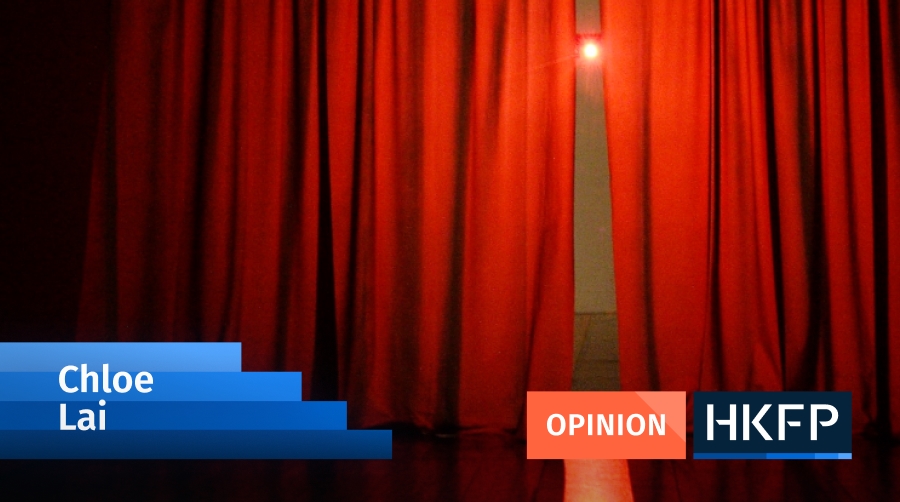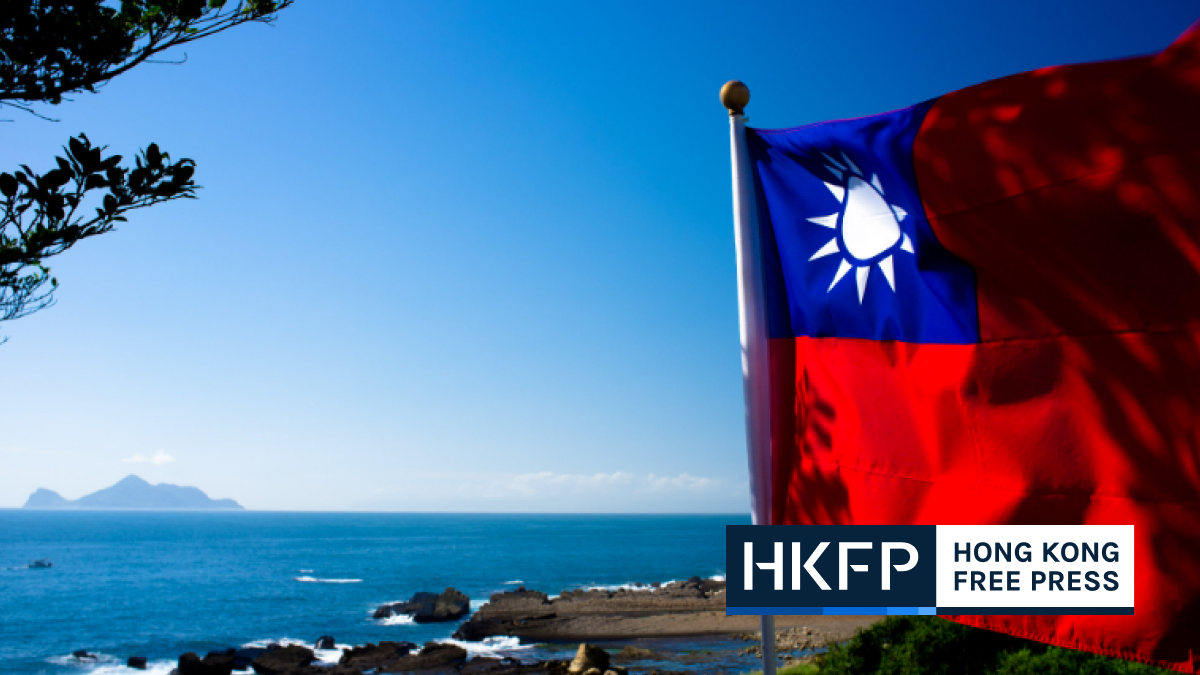Hong Kong’s government has announced plans to install 2,000 additional CCTV cameras in public places this year in what it calls a move to fight crime.
Cheuk Wing-hing, deputy chief secretary, said on RTHK on Wednesday that the new batch of surveillance cameras would be installed in densely populated areas or in high-crime locations.
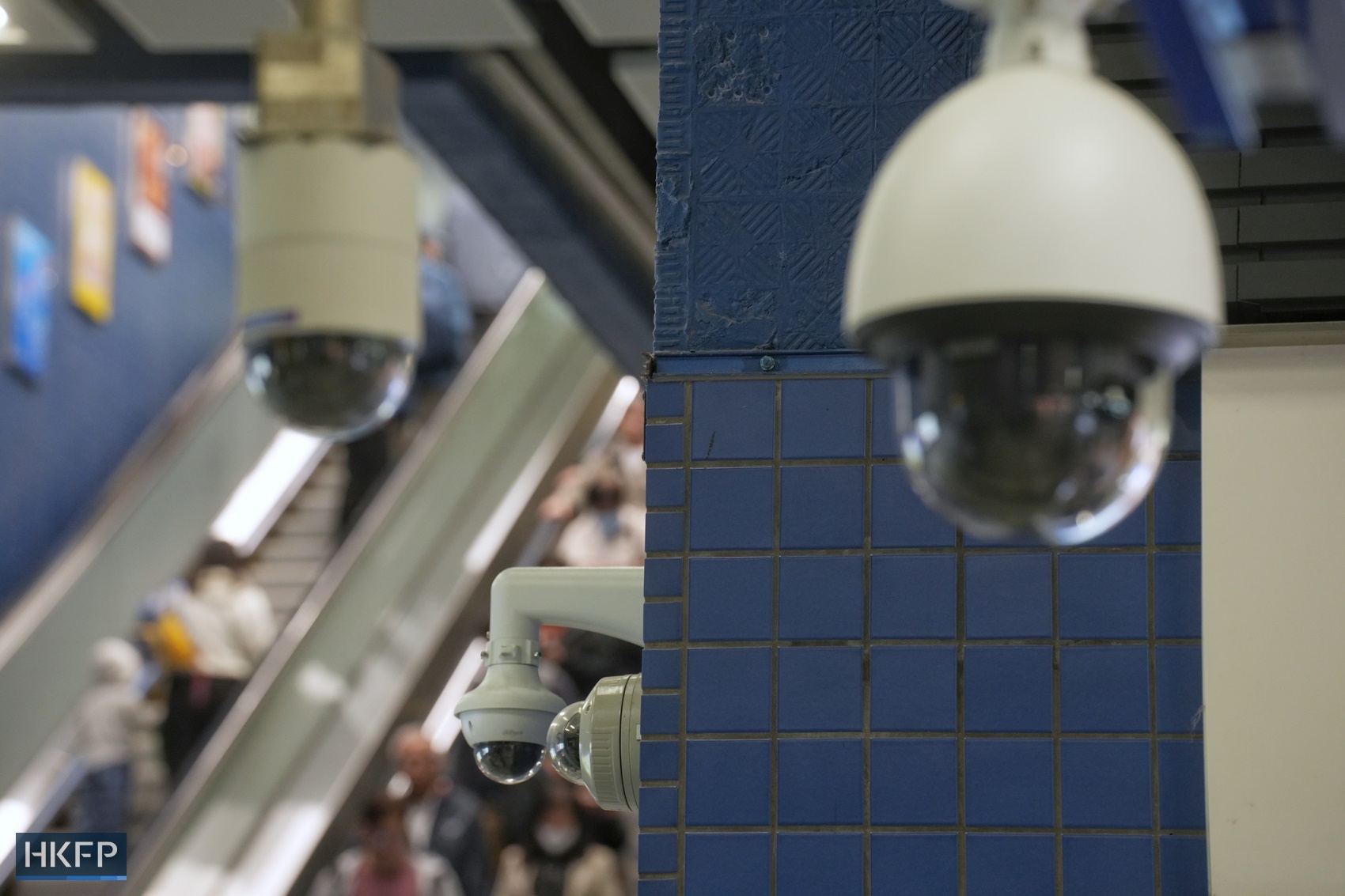
He said that, while people might be concerned about privacy, it was a common practice for cities around the world to install CCTV cameras, and the number in Hong Kong was “relatively low.”
“It will enhance our district governance. For those who committed crimes, could you escape from so many cameras?” Cheuk said, adding that locations of the cameras can be changed any time.
Authorities do not reveal how many surveillance cameras they have already installed in public places. Departments which use them include police, the Leisure and Cultural Services Department (LCSD) and the Food and Environmental Hygiene Department.
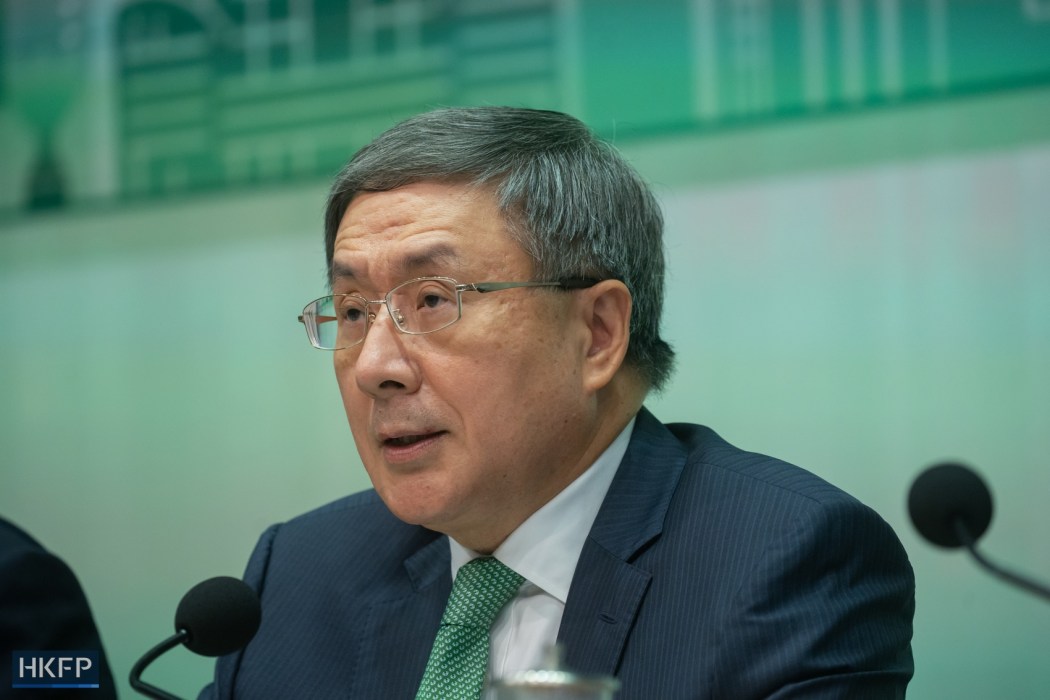
In response to HKFP, a Security Bureau spokesperson said the government did not maintain the number of public CCTV cameras in the city.
They said the 2,000 new cameras would only cover public spaces, and the government would consult the Office of the Privacy Commissioner for Personal Data regarding privacy protections.
“Relevant public data also indicates that installing CCTV cameras in public areas can effectively prevent criminal offences, particularly violent and serious crimes that occur on the streets, by acting as a significant deterrent,” the spokesperson said, adding that video footage could serve as evidence in court.
The bureau did not respond as to which resolution of video cameras would be purchased.

John Lee, the then security chief and now the city’s leader, said in 2020 in response to questions from lawmakers that the government “did not maintain” figures on how many CCTV cameras were installed by different departments.
Lee did not respond on the question of whether some used facial recognition technology.
“Information on CCTV systems involve security matters, disclosing detailed information of the systems may reveal to criminals relevant government departments’ security arrangements, as well as the capabilities and investigatory techniques of law enforcement agencies, ” Lee said, calling it “not appropriate” to disclose the number of surveillance cameras.
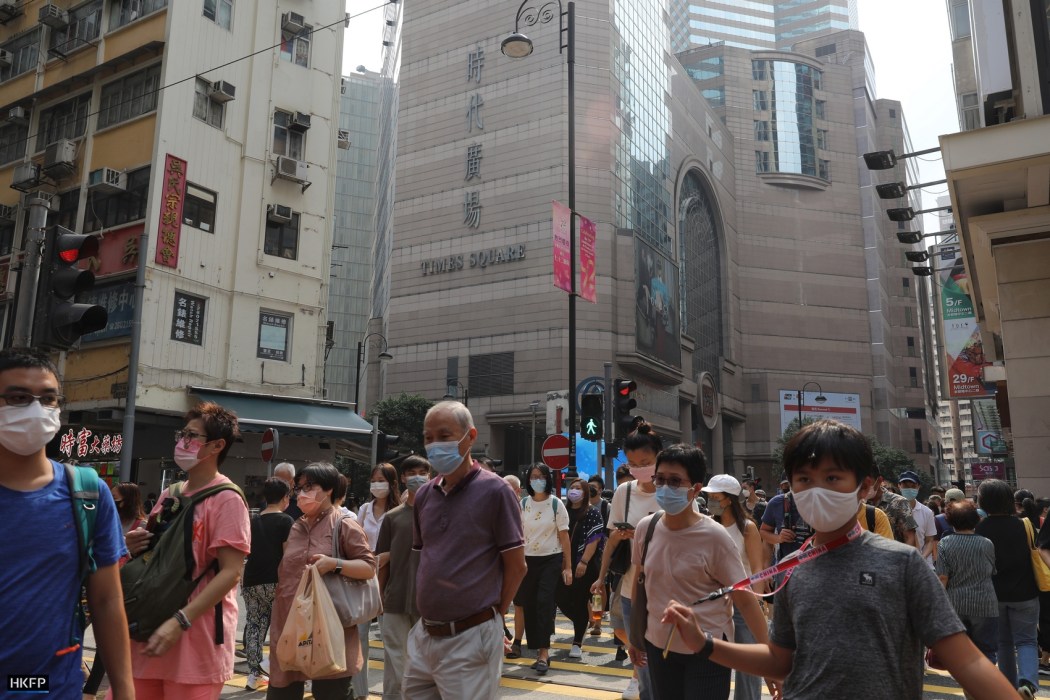
Local media outlet HK01 reported in 2019 that as early as 2010, there were 4,925 CCTV cameras installed by the LCSD. As of 2019, the Housing Department had installed 1,340 cameras and the Transport Department had 1,470 cameras.
Cheuk said authorities would install 600 cameras in the city by the end of June and the remaining 1,400 in the second half. He did not reveal the venues or the resolution of the cameras.
HKFP has reached out to the deputy chief secretary for a response.
Most surveilled cities
According to Comparitech, a research company on cyber security and privacy, cities in mainland China have become the most surveilled in the world.
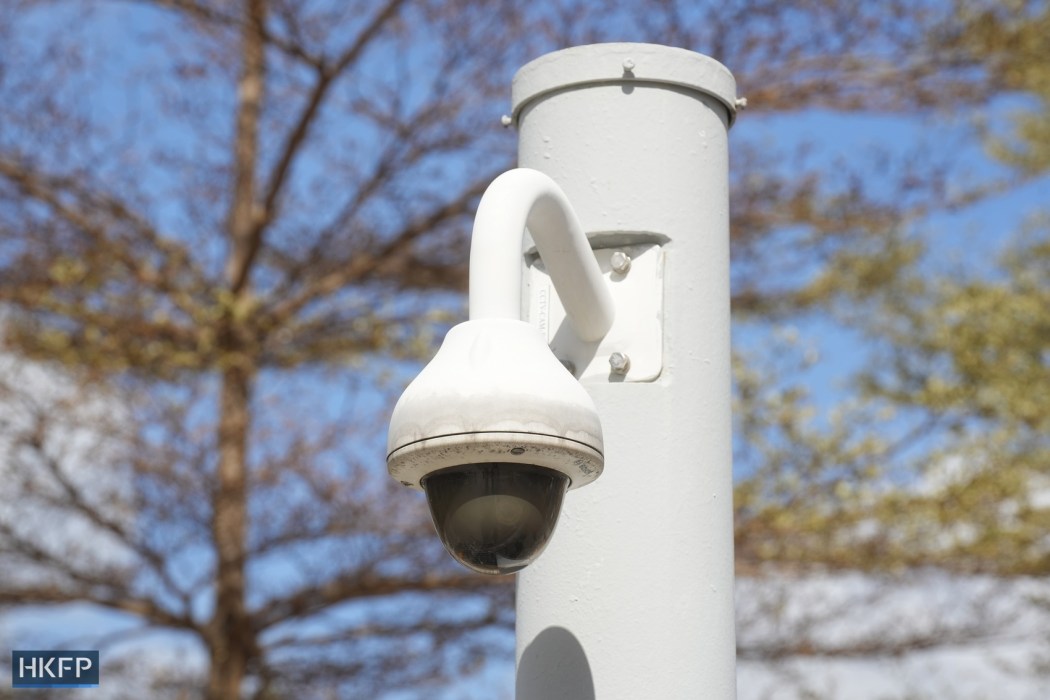
There were 439.07 cameras per 1,000 people in Chinese cities, Comparitech said in a report released in May 2023. It said Hong Kong had 7.09 cameras per 1,000 people, while Tokyo had one camera per 1,000 people.
The company estimated that Hong Kong had 54,500 public surveillance cameras.
Smart lampposts
Hong Kong has also installed 400 “smart lampposts” with sensors, data connectivity and cameras across the city. The initiative raised public concern over surveillance, with protesters destroying some of the first batch during during the 2019 protests and unrest.

The protesters also obscured or destroyed some CCTV cameras in public places, shopping malls and MTR stations.
Authorities have called for more CCTV cameras in the city. Police said in May 2023 that such cameras should be installed in schools to prevent crime as well as in shops.
The judiciary announced in 2022 that CCTV cameras were to be installed in all courtrooms.
Two years ago, the authorities rolled out real name SIM card registration for cell phones, saying the move would prevent scams. Fraud rose by 50 per cent in the first eight months of last year.
Support HKFP | Policies & Ethics | Error/typo? | Contact Us | Newsletter | Transparency & Annual Report | Apps
Help safeguard press freedom & keep HKFP free for all readers by supporting our team

LATEST FROM HKFP
HKFP has an impartial stance, transparent funding, and balanced coverage guided by an Ethics Code and Corrections Policy.
Support press freedom & help us surpass 1,000 monthly Patrons: 100% independent, governed by an ethics code & not-for-profit.




